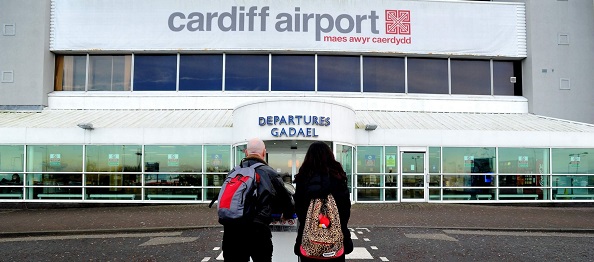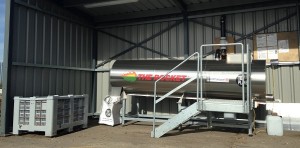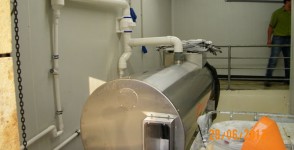
Background
Cardiff Airport, is a much more scenic corner of the triangular airport “hub”, joint with Birmingham and Heathrow being improved and expanded to help ease the burdens on the South East of England’s struggling air infrastructure, as demand for flights increases. The airport which was recently purchased by the Welsh Assembly will be a key player in the years to come bringing greater prosperity, jobs and new business to Wales as an integral air transport hub for the rest of the UK.
The airport suffered with dwindling passengers in light of the recession in 2008, but since 2013 numbers have steadily increased, 2015 delivers new contracts to the airport and new contracts sees the airport visitor numbers set to reach pre-recession footfall by mid this year. The site plans for continued expansion with long haul flights bringing further business and the hopes of a new high speed 1 hour rail link to city centre London put commuting from Cardiff to London as commonplace as Birmingham or Manchester.
Problem
With a 24 hour operation and with an expected 2.1 million visitors this year, the staff at Cardiff Airport were well aware of the impact that the impending changes to legislation for the treatment of food wastes would have on the business as the airport became busier. An increase in waste arising and with the Welsh assembly planning a similar approach to the Scottish Government on banning food waste to landfill meant that the airport needed to find a flexible method of dealing with their food wastes. With food being sent as general waste to MRF, the costs were growing, advice from local government was to seek dedicated food waste collections, but with local services already being stretched the closest suppliers for off site AD and Composting for food wastes already full and taking on no new business, the airport needed a new idea that would be compliant with legislation, flexible to treat increasing volumes and one that was easily managed and implemented.
Solution
The airport were already generating 200kgs of food waste per week and needed a flexible method of dealing with over 1000kgs per week as footfall increases and the refectories become even busier.  Tidy Planet were approached and following a demonstration and detailed investigation, supplied in January 2015 an on site solution in the form of an A900 Rocket Composter. Working with the airport a special housing was designed that mirrored the surrounding buildings and provided a permanent home for the latest generation of Rocket Composters.
Tidy Planet were approached and following a demonstration and detailed investigation, supplied in January 2015 an on site solution in the form of an A900 Rocket Composter. Working with the airport a special housing was designed that mirrored the surrounding buildings and provided a permanent home for the latest generation of Rocket Composters.
The food wastes are now collected from the refectories by Cardiff Airport Services and taken to the land side waste management compound, where instead of heading into the general waste compactor, the wastes are mixed with locally sourced woodchip from Llantrip Major and added daily to the Rocket Composter. The composted end product produced from the process is to be used to improve the soils around the newly created entrance to the airport, where wild flowers will be seeded to make the visitor approach even more pleasant. The implementation of the project not only provided a permanent and compliant method of dealing with the food wastes & reducing costs for disposal, but with the reduced number of vehicles on site reduces the associated carbon emissions from transport, but also reduces security risks for the number of vehicles entering & leaving site – an important consideration when you consider that less than 6 months ago the G8 Summit leaders flew in through the airport.



